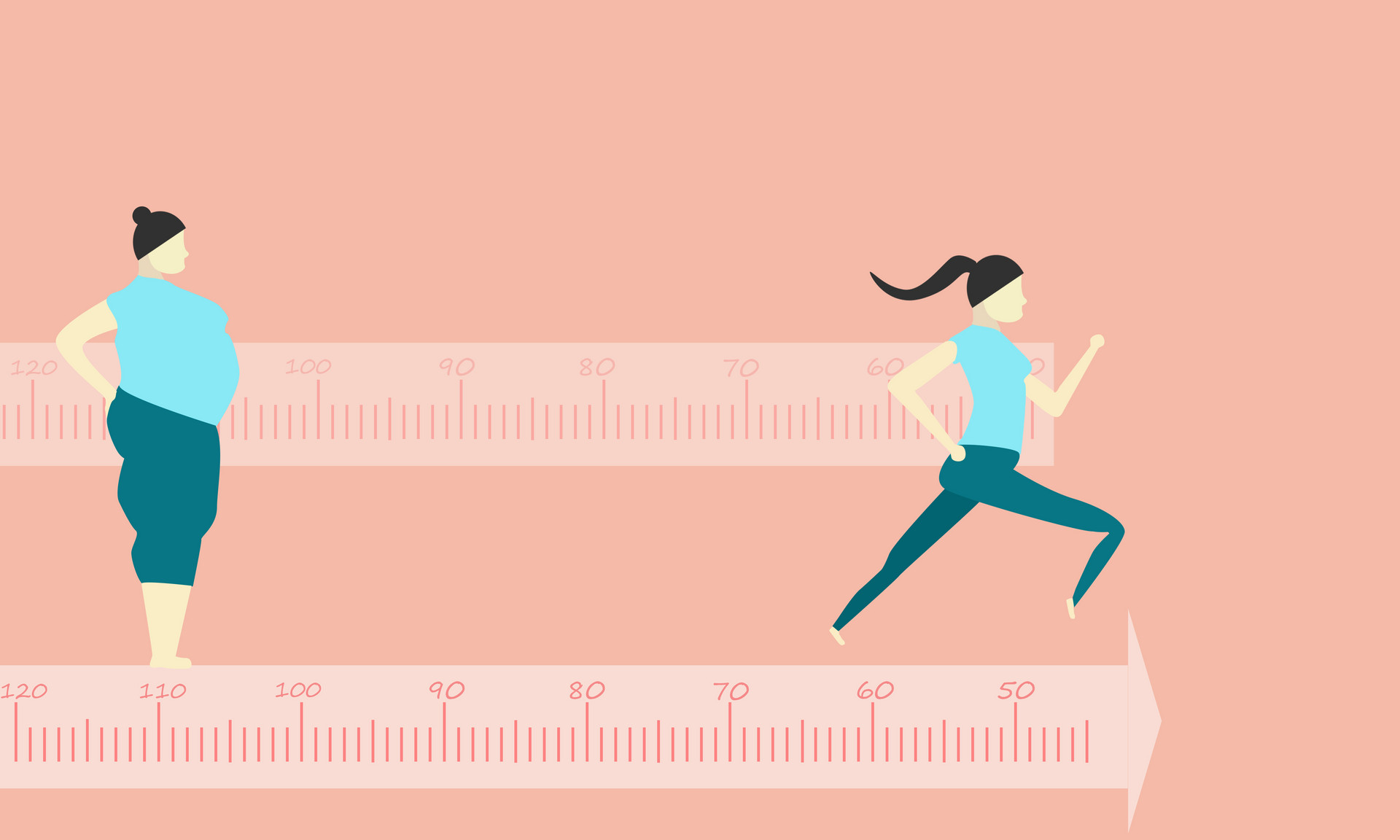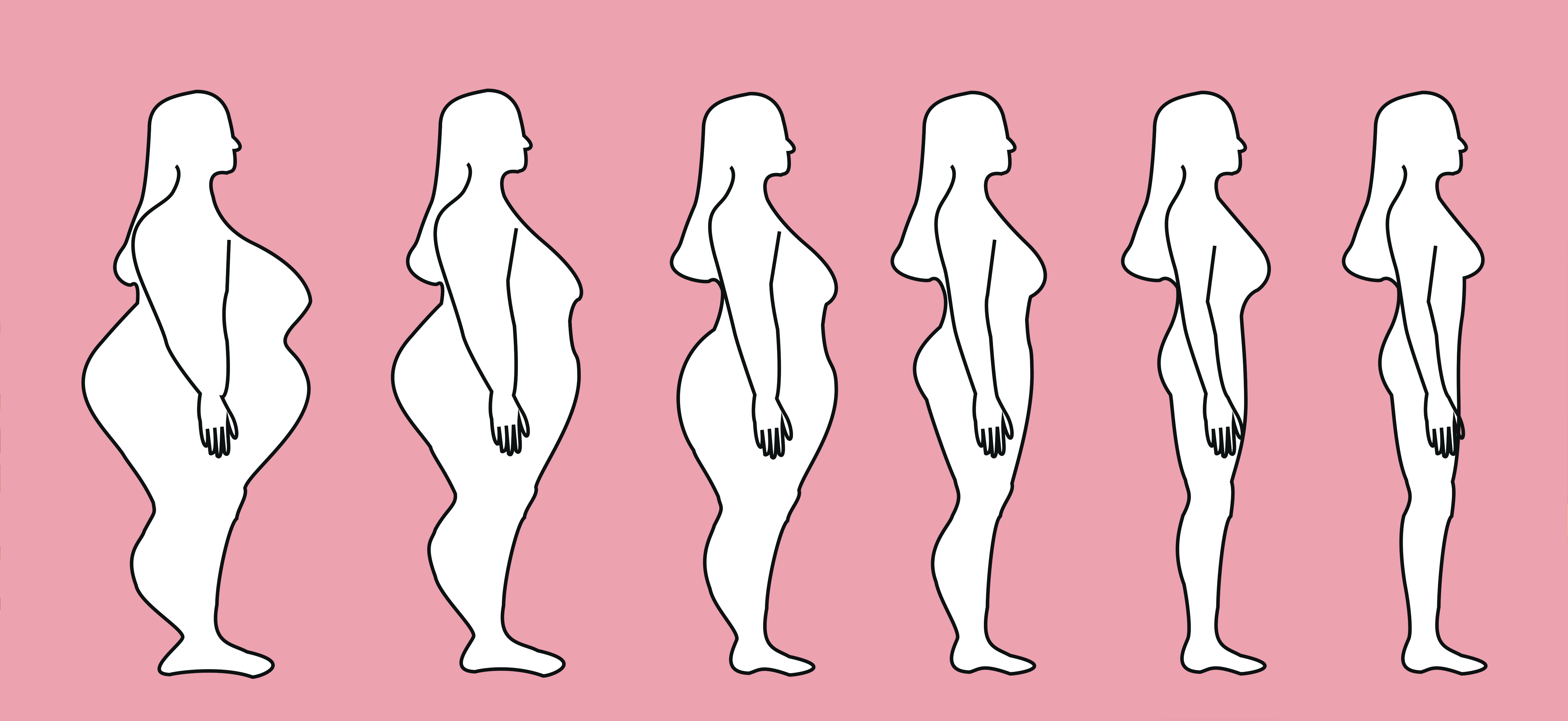When it comes to long-distance running, it is important to choose the right shoes and running track. If you don't have access to a suitable track, at the very least, your shoes should be soft and flexible. The soft tissues inside your knees are fragile, and prolonged impact can wear them down. Unlike bones, which can recover with proper protection, soft tissues are difficult to repair once damaged. They tend to grow irregularly, leading to bone spurs. So, it is crucial to be cautious.
While running can increase energy expenditure and aid in weight loss, some people actually find that their weight increases after running. Why is this?
Firstly, the amount of exercise may increase your appetite. Some people experience initial weight loss during the early stages of running, but after a while, their weight rebounds. This is because running not only burns energy but also stimulates the digestive system, increasing appetite. Initially, they may be able to control their diet and lose weight. However, after a period of time, the hunger becomes unbearable, coupled with the fading novelty of weight loss, they indulge in overeating, resulting in weight gain.
Secondly, consistency is crucial. Some people lose interest in running after a certain period of time. It is important to note that the changes in the digestive system are slower than those in the musculoskeletal system. When you stop exercising, energy expenditure significantly decreases, but the absorption function of the gastrointestinal tract remains active. This imbalance leads to weight gain.






